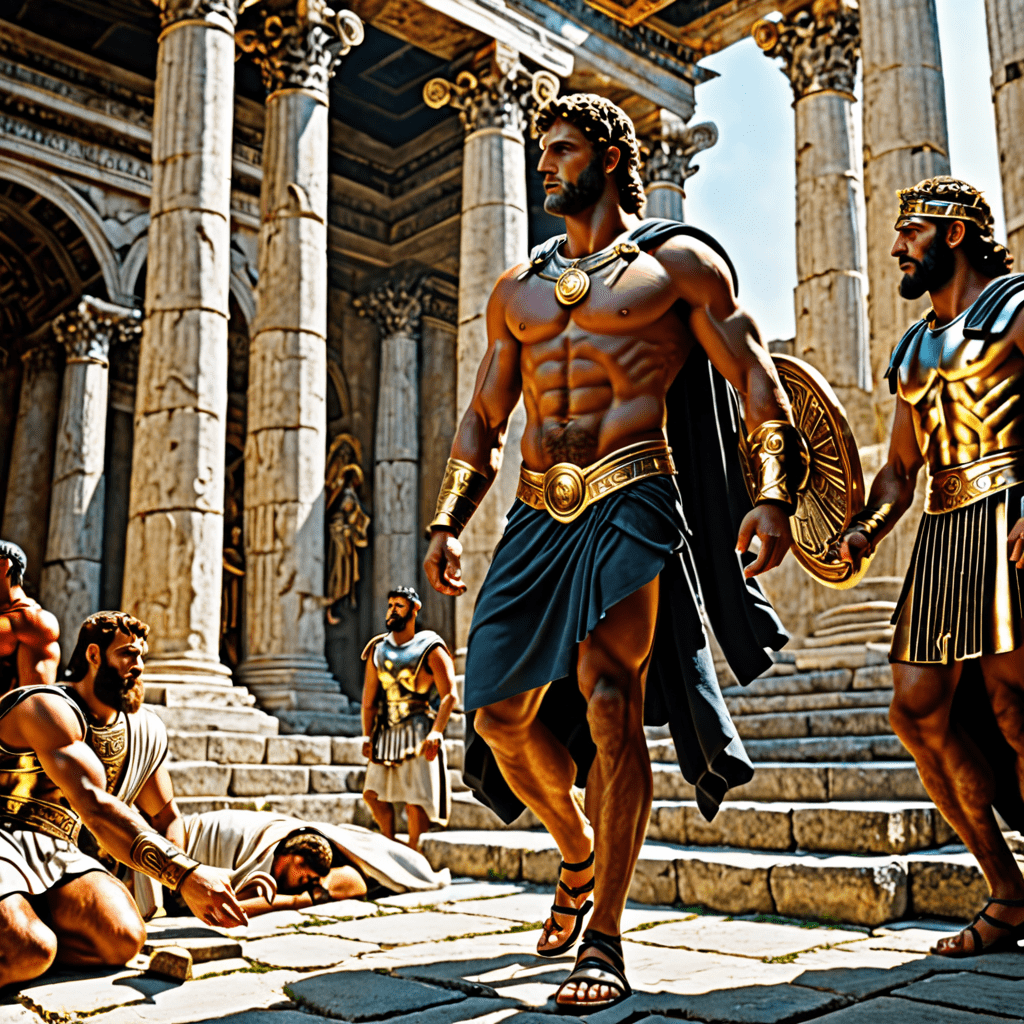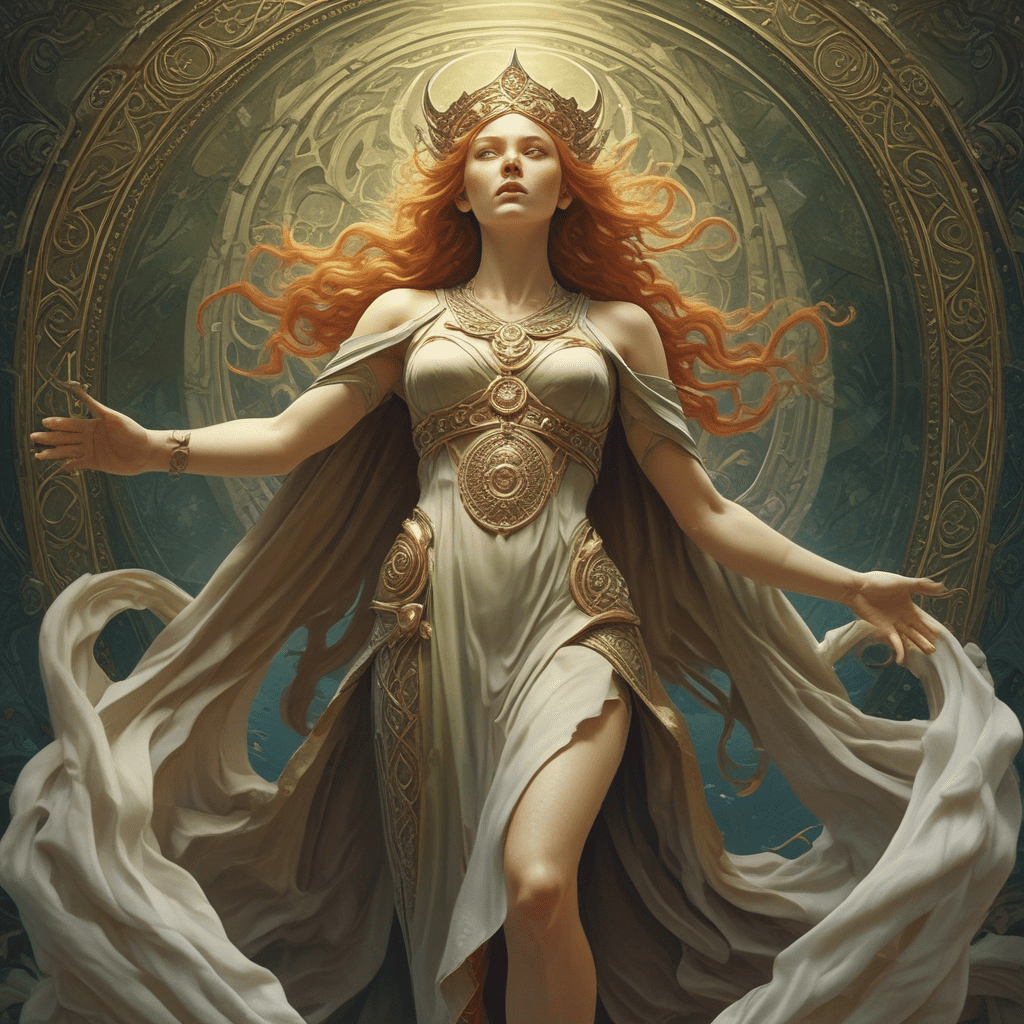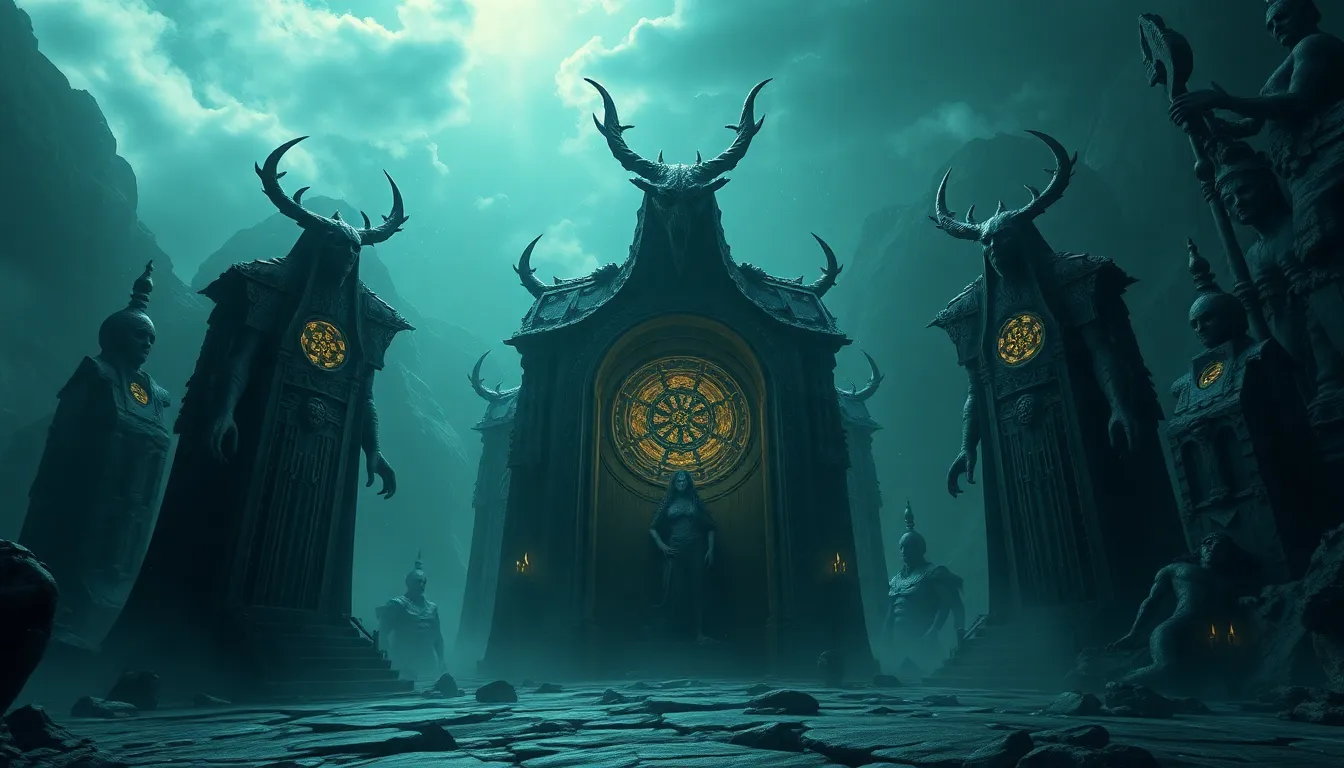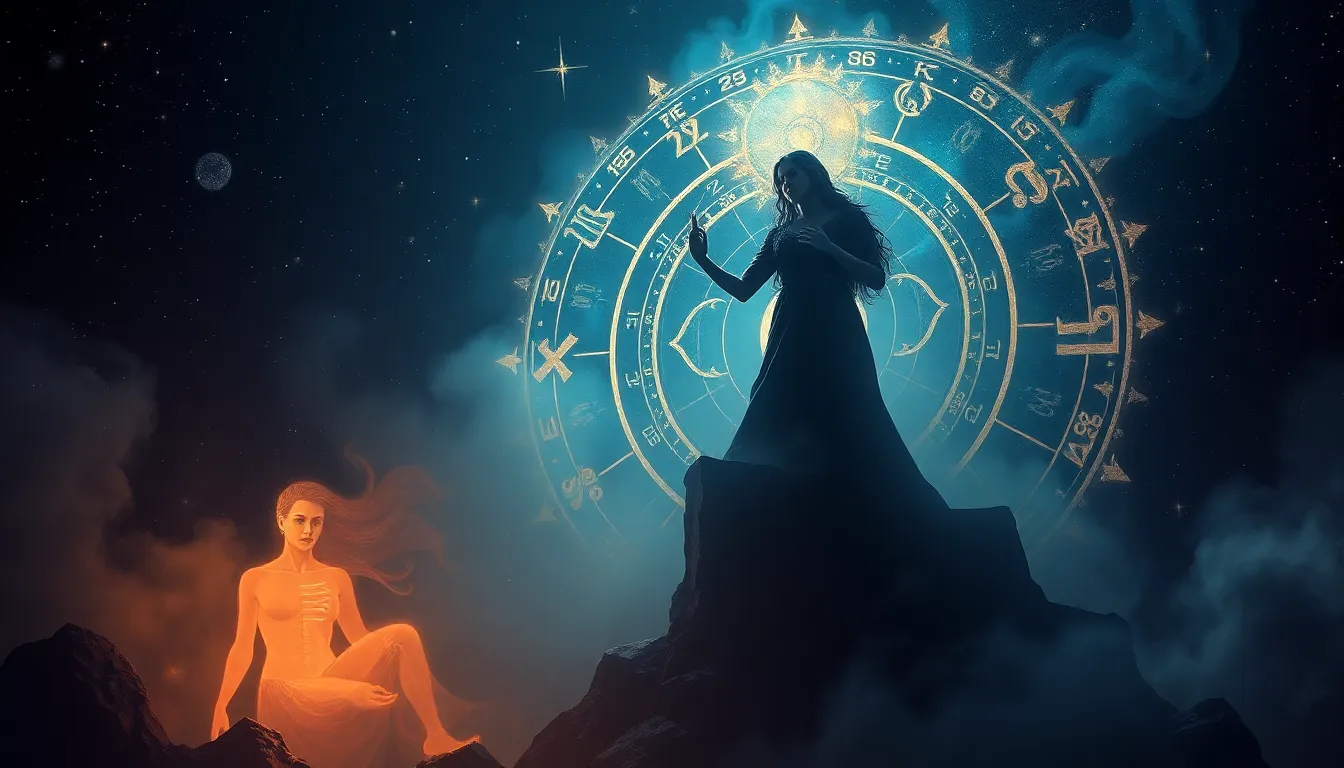Roman Mythology: Exploring Religious Practices and Rituals
Understanding Roman Mythology
Roman mythology, rooted in the ancient civilization of Rome, consists of various beliefs, narratives, and religious practices passed down through generations. The Romans worshipped a multitude of gods and goddesses, each governing different aspects of life ranging from love and war to agriculture and wisdom.
Religious Practices in Roman Mythology
Central to Roman religious practices were rituals that aimed to maintain a harmonious relationship between humans and deities. Sacrifices, prayers, and ceremonies were common ways through which Romans paid homage to their gods and sought their favor and protection.
Roman Mythological Rituals
Roman mythology was deeply intertwined with the daily lives of the ancient Romans. Festivals honoring specific deities, such as the Saturnalia in December dedicated to Saturn, were held with elaborate rituals and celebrations. These rituals played a crucial role in strengthening the bonds between the divine and mortal realms.
Legacy of Roman Mythology
Despite the decline of the Roman Empire, the influence of Roman mythology and its religious practices persisted through the evolution of Western culture. Many elements of Roman religious rituals and beliefs were absorbed into Christianity and continue to influence art, literature, and even modern practices today.
FAQs About Roman Mythology: Exploring Religious Practices and Rituals
What is Roman mythology?
Roman mythology refers to the beliefs, rituals, and stories of the ancient Romans concerning their gods, goddesses, and legendary figures. It played a significant role in the everyday lives and religious practices of the Roman people.
What were some common Roman religious practices?
Some common Roman religious practices included offering sacrifices to the gods, attending public ceremonies and festivals, consulting priests for guidance, and performing rituals to ensure the favor of the deities.
Who were some important Roman gods and goddesses?
Key Roman deities included Jupiter (king of the gods), Juno (goddess of marriage), Neptune (god of the sea), Minerva (goddess of wisdom), and Mars (god of war). These gods and goddesses held unique roles in Roman mythology.
What were typical rituals associated with Roman mythology?
Rituals in Roman mythology varied but often involved offerings like food, wine, or incense to honor the gods. People also prayed, made vows, and participated in communal activities to seek divine protection and assistance.
How did Roman mythology influence Roman society?
Roman mythology permeated all aspects of Roman life, from politics to art



